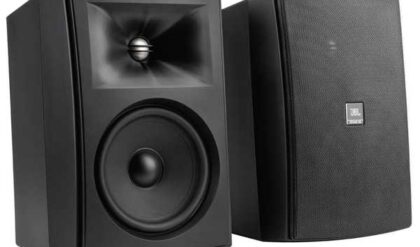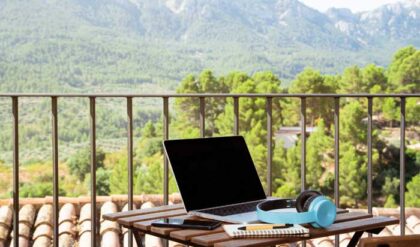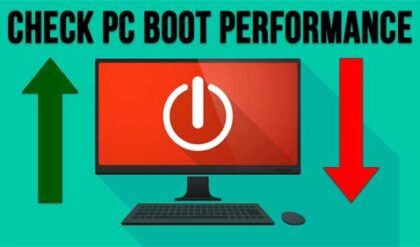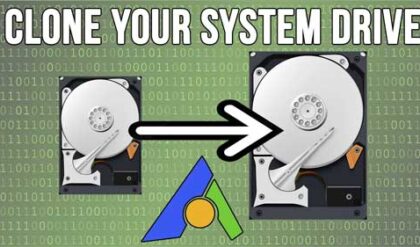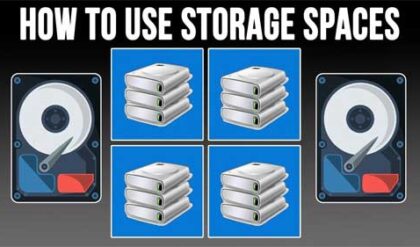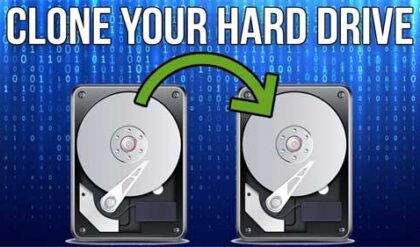Is your computer ready for Forex trading?

What’s true in just about every profession you can think of applies just as well when it comes to trading – you’re only as good as your tools. Every carpenter, surgeon, chef, soldier, and everything in-between will always stress the importance of getting the best equipment for the job at hand, and keeping them in good working order. When it comes to trading, though, most people imagine that one type of machine will work just as well as another. Let’s talk specifically here about yet another instance of the great desktop/PC debate – which is ultimately better for trading purposes?
Let’s do this systematically by examining which of the two trumps the other when it comes to various points that are important to traders, before seeing if we can come up with an overall winner.
Portability
Everybody loves the fact that you can pick up your laptop and pop over to a quiet spot of your choice to get you work done in a refreshing environment. The laptop is clearly superior in this regard, as you would attract some weird looks should you attempt to haul your desktop rig around everywhere.
Power Considerations
One of the perennial complaints when it comes to laptops, not just in trading circles but universally, is the fact that you can’t really rely on them to last more than a couple of hours without a handy power outlet nearby to plug into. Even with advances in battery technology, it’s never a good idea to stray too far away from a reliable power source when toting your laptop about. The desktop computer wins out in this regard, even though this comes at the expense of portability. Besides, desktop peripherals include the potentially life-saving UPS’s (uninterrupted power supply units) that automatically come to our aid in case of complete power outages or surges.
Processing Power
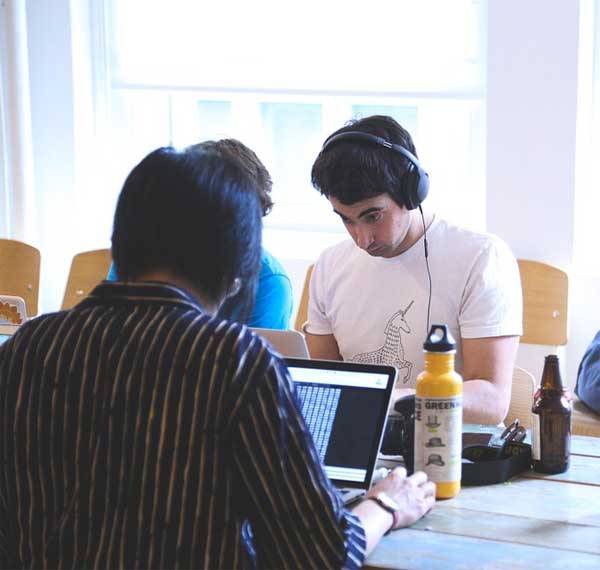
A few short years ago, there would have been absolutely no comparison you could possibly make between laptops and desktops when it came to processing power – desktops ruled the roost on this score. Nowadays, however, the processor chips that come with the latest high-end laptops are a great deal more powerful than your average desktop computer even today. The thing to take note of here, though, brings us to our next point of comparison – customization options.
Customization Options
The fact that desktop computers come with larger housings, with motherboards readily designed to accept a vast array of additional tech, makes them capable of greatly going beyond the capabilities they come equipped with out of the box. You can add vast amounts of RAM (random access memory), graphics and video cards, superior motherboards, and much more. You can’t really do much by way of customization when it comes to laptops except perhaps switch out a low-capacity RAM chip for a more powerful one.
In addition to the customization mentioned above, you will also be able to fit a desktop computer tower with advanced cooling systems (air or liquid-based), that will make it possible to push your computer’s processor performance far beyond what it might regularly be able to withstand, as it won’t overheat as easily. This is a great point to consider when it comes to the forex trading discipline, as many large operators might want to run custom-made algorithms and indicators, which can demand mammoth amounts of processing power and thus generate vast amounts of heat
Screen Size and Split-Screen Capabilities
Everyone loves the picture of forex trading on an array of screens set up in front of a trader, with various ticker charts, indicators, and graph charts displayed on each of them. It gives a sense of real, high-octane trading, doesn’t it? Well, you might be able to more easily live out this picture when using a desktop computer than you would when using a laptop, for the simple reason that most laptops have extremely limited options when it comes to multi-monitor setups. Split-screen functions are also hampered by the fact that laptop screens will not exceed a size suitable for carrying about with you. Desktops win out on this one, hands down.
The Final Word
At the end of the trading day, the fact is that the choice between laptops and desktops for trading will depend on your individual usage intensity, frequency, schedule, and preference. Maybe having both handy might be the best of both worlds? It’s all up to you.

